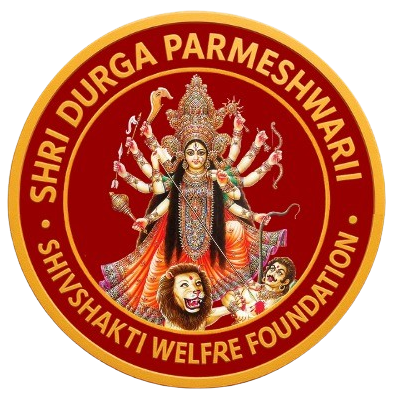
Welfare Foundation


We are committed to creating long-term, meaningful change. Guided by the teachings of Lord ShriRam, our initiatives span youth, women, environment, education, and health empowerment.
1. Skill Development Centers: Vocational training in IT, carpentry, tailoring, and more to help youth build careers or start businesses.
2. Youth Leadership Program: Mentoring young individuals to become future community leaders through personal development and public speaking workshops.
3. Startup Incubation Support: Providing mentorship, workspace, and seed funding for young entrepreneurs to turn ideas into viable social enterprises.
4. Career Counseling Workshops: Hosting sessions with professionals to guide students on career paths, resume building, and interview preparation.
5. Women’s Entrepreneurship Initiative: Resources and training to help women start and manage their own businesses, with ongoing mentorship and support.
6. Health and Wellness Camps for Women: Offering healthcare education and services focused on reproductive health, nutrition, and maternal care.
7. Self-Help Group Formation: Encouraging rural women to form SHGs for mutual financial support and entrepreneurship through collective savings.
8. Digital Literacy for Women: Teaching basic computer and mobile skills to empower women with access to digital tools and services.
9. Sustainable Agriculture Program: Training farmers in eco-friendly farming techniques and providing access to seeds and irrigation solutions.
10. Rural Infrastructure Development: Building essential facilities such as clean water sources, toilets, and roads for remote villages.
11. Solar Energy for Villages: Installing solar panels in off-grid rural areas to power homes, schools, and health centers.
12. Livelihood Training for Farmers: Teaching rural populations new income-generating activities like poultry, beekeeping, and dairy farming.
13. Tree Plantation Drives: Organizing community-based tree planting efforts to restore green cover and promote sustainability.
14. Community Waste Management Systems: Setting up waste segregation and recycling centers while educating communities about clean habits.
15. Water Conservation Campaigns: Promoting rainwater harvesting, check dams, and water reuse systems to conserve resources.
16. Plastic-Free Village Initiative: Working with local governments to eliminate single-use plastics and promote eco-friendly alternatives.
17. School Development Program: Constructing and renovating schools, supplying educational materials, and improving sanitation facilities.
18. Adult Literacy Classes: Offering basic reading, writing, and arithmetic skills to adults who never had access to formal education.
19. Digital Learning Labs: Equipping rural schools with tablets, projectors, and internet access for modern, tech-based learning.
20. Scholarship Support Program: Financially assisting underprivileged students to continue higher education and skill training.
21. Mobile Health Clinics: Medical vans with doctors and medicines traveling to remote areas to provide essential healthcare.
22. Health Awareness Campaigns: Promoting preventive care, hygiene, and nutrition through workshops, posters, and community events.
23. Mental Health Support Circles: Facilitating mental wellness sessions and counseling services, especially for youth and women.
24. Sanitation Awareness Drives: Educating communities about handwashing, toilet usage, and disease prevention through public demonstrations.
25. Ramayan Recitation Programs: Organizing spiritual gatherings where scholars and volunteers narrate the Ramayan to inspire moral values and cultural pride.
26. Traditional Art & Music Workshops: Promoting India’s heritage through free training in folk music, classical dance, and traditional arts in rural and urban communities.
27. Festival Celebrations for All: Facilitating inclusive celebrations of festivals like Ram Navami and Diwali with underprivileged families to spread joy and unity.
28. Moral Education for Children: Conducting story sessions and activities based on ancient scriptures to teach ethics, respect, and empathy to school children.
29. Emergency Relief Distribution: Providing immediate aid such as food, clean water, clothing, and medical supplies to communities affected by natural disasters or crises.
30. Shelter & Rehabilitation Support: Setting up temporary shelters and assisting displaced families in rebuilding homes and livelihoods after calamities.
31. COVID-19 Response Program: Distributing masks, sanitizers, medicines, and running awareness drives to prevent the spread of COVID-19 in remote areas.
32. First Aid & Disaster Preparedness Training: Training community volunteers in basic first aid and emergency preparedness to reduce loss during future crises.
33. Digital Literacy for All: Conducting workshops to teach computer basics, smartphone usage, and internet safety in rural and marginalized communities.
34. E-Governance Access Assistance: Helping citizens access government schemes, ID documents, and digital services through guided online application centers.
35. Smart Classroom Initiatives: Implementing e-learning tools and digital boards in schools to enhance the quality of education and engagement.
36. Tech Skill Bootcamps for Youth: Training young people in web development, digital marketing, and graphic design to increase job opportunities in the tech sector.